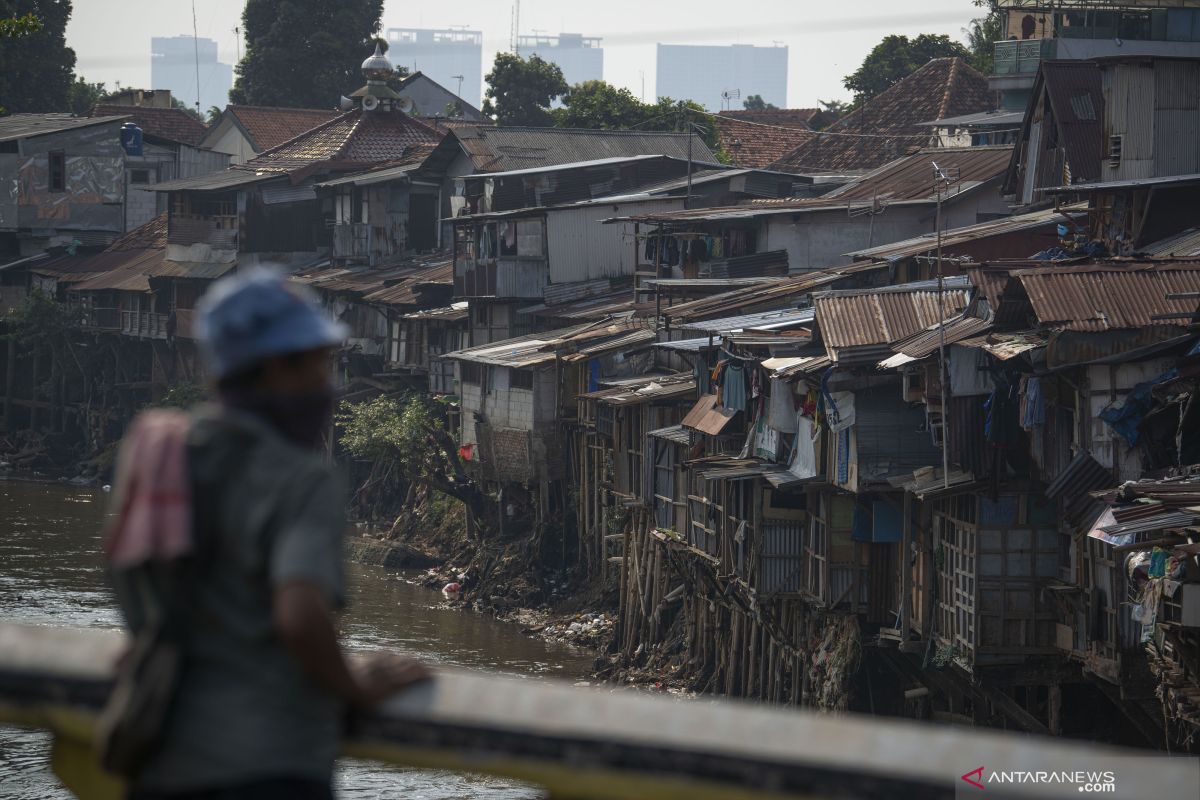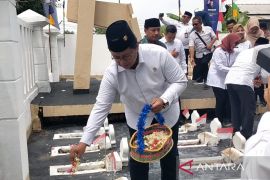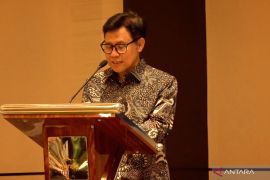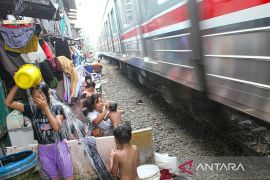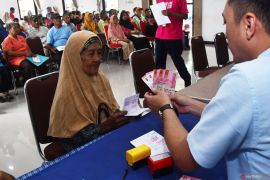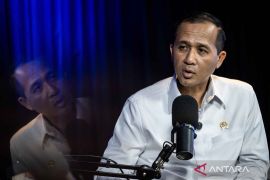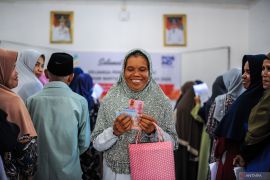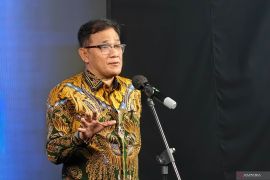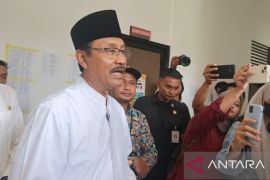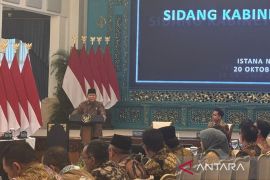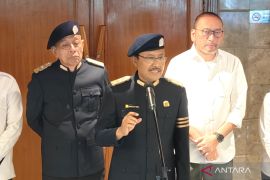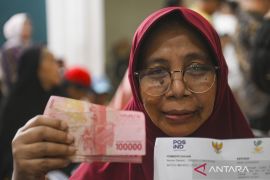"The first strategy is reducing the expenditure burden through the Welfare Card," said Maliki, the ministry's Deputy for Community Empowerment, Population, and Manpower.
The Welfare Card provides targeted social assistance and protection to vulnerable groups. This includes social assistance in programs such as direct cash assistance, education subsidies, healthcare, and basic necessities to ease the burden on the poor.
Maliki highlighted the importance of social security, ensuring universal access to health services and protection for informal workers.
He also emphasized assistance for the elderly and disabled, as well as basic subsidies for electricity, clean water, and fuel through the card mechanism to maintain the purchasing power of the poor.
The second strategy focuses on increasing income and creating job opportunities through the Business Card, which is designed to support the economic empowerment of the poor and vulnerable in several ways.
He noted that this program starts with micro-business capital, offering access to low-interest financing for small and micro-business owners to increase their business capacity.
The program also includes entrepreneurship training and business management mentoring to boost productivity based on market needs.
Maliki elaborated that the program also focuses on market expansion by facilitating business owners to sell their products through digital platforms, cooperatives, and local markets.
He noted that tax exemptions and fiscal incentives are provided for micro-businesses to boost local economic growth.
The third strategy centers on developing basic infrastructure and promoting regional development as important foundations to improve the quality of life and economic access.
Maliki stated that the government is supporting this program through three key efforts: improving education and health infrastructure by building schools, health centers, and job training centers in underdeveloped areas, and supporting human resource development.
Another key effort involves improving transportation and digital access by expanding road networks, electricity supply, and internet coverage to enhance remote connectivity.
"Lastly, strengthening local economic areas through the development of special economic areas based on local potential will create jobs and attract investment," he remarked.
Related news: Free meals program to alleviate poverty, deputy minister says
Related news: Accurate data essential for targeted poverty alleviation
Translator: M Baqir Idrus A, Resinta Sulistiyandari
Editor: Anton Santoso
Copyright © ANTARA 2025
